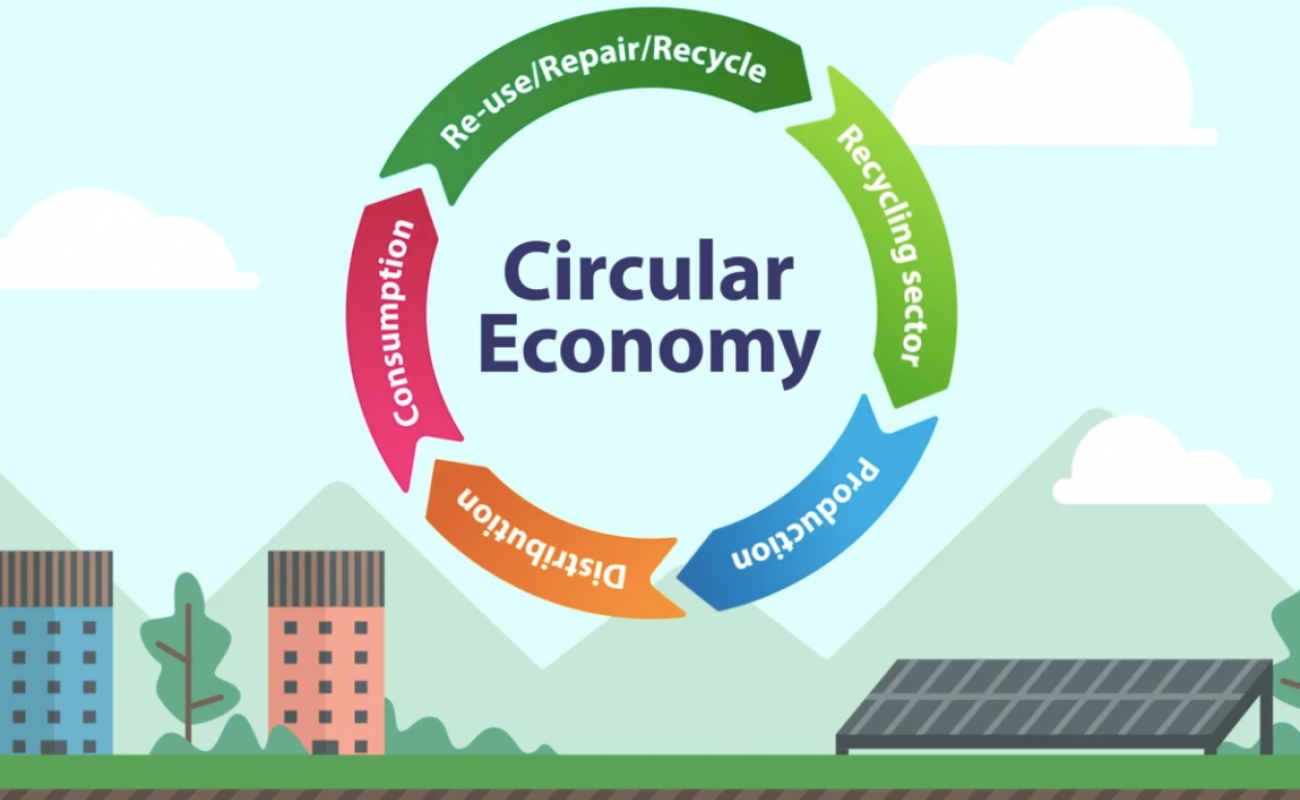CIVIL ENGINEERING INSTITUTE MACEDONIA AND MAKSTIL IN COOPERATION FOR THE REALIZATION OF THE EUROPEAN PROJECT FOR CIRCULAR ECONOMY - CINDERELA

The project "New Circular Economy Business Model for More Sustainable Urban Construction - CINDERELA" is a complex research and innovative project, funded by the" Horizon 2020 "program of the European Commission, based on opportunities for urban waste reduction, which aims to develop and demonstrate a new business model of a circular economy. The objectives of this circular economy are aimed at sustainable urban development and construction (CEBM) for the use of secondary waste raw materials (SOS) in various areas, which as a final product will be a usable construction product, facility, or building. In this process, various industries, the construction sector, municipal services, decision-makers, and the general public are connected. This project helps companies to establish successful business cases of circular economy based on opportunities from waste to resource, ie the concept of "zero waste".
Construction Institute Macedonia, which is part of the consortium of thirteen outstanding research institutions and organizations from seven European countries included in CINDERELA, for the realization of some of the activities needed for this project, signed an agreement for business and technical cooperation with the company Makstil. The main joint activity was the installation of a pilot plant for mechanical processing of secondary industrial raw material - slag (black and white), obtained during the smelting process of scrap metal in the Makstil factory.
"Circular economy is a concept that Makstil actively supports and therefore immediately accepted the invitation to participate in the consortium project CINDERELA. We in our company see the essence of sustainable development in the rational reuse of raw materials and waste materials, with equal awareness of the value of all materials in the production process and their impact on the environment. In the production processes of Makstil, what is waste for someone, we see and treat it as raw material, increase its value and give it a new use-value. Thus, slag, which is a waste of our production process, is an excellent raw material for construction where it is used as a building material and thus ensures the conservation of natural resources. "By supporting the new business model of circular economy, we reaffirm our concern for a healthier and cleaner environment, saving natural resources, improving the competitiveness of our product and at the same time approaching the goal of zero waste," said Ivan Banovski, CEO of Makstil.
Laboratory Institute at the Civil Engineering Institute Macedonia is responsible for the entire laboratory tests and testing of black and white slag for their use, as well as for the design of the concrete and asphalt mixture, laboratory tests of finished products, concrete and asphalt prepared in the laboratory.
Previously in the laboratory of UGD Stip, as well as in other European laboratories, a series of tests were made which proved that such materials originate from the category of inert materials that are not harmful to the environment.
In this phase, revitalization (rehabilitation) of a degraded space in a parking lot with an area of 6500m2 begins, for which a buffer unit will be used and reconstruction (rehabilitation) of a street with an area of 2150m2, for which an asphalt unit will be used.
For the construction of a parking lot and a street, 11,000 tons of black slag will be used, while for the construction of partition walls, prefabricated concrete blocks will be used, which will be made of concrete with the addition of about 20 percent white slag as a substitute for cement.
"The realization of this project is of great importance for our society because the goal is to create new business opportunities in the construction industry for sustainable use of secondary waste materials from the industry as future construction products, materials or facilities" - said Assistant Professor Dr. Zlatko Ilijovski coordinator of the CINDERELA project for the Civil Engineering Institute Macedonia.
As part of the pilot demonstration premises of the CINDERELA project (H2020), pilot processing plants have been established in Maribor (Slovenia), Madrid (Spain), and Skopje (Northern Macedonia). The pilot project aims to demonstrate the technical, technological, and administrative capabilities for processing and using various non-harmful materials, as well as some other types of secondary raw materials for the production of sustainable construction products.
The expected impact of the CINDERELA project is to reduce the negative impacts of industry and construction on the environment. In this way, it will help construction companies increase their competitiveness by offering sustainable services. The positive impact on the environment will become a reality through the offer of proven solutions for reduced use of primary raw materials and reuse of waste and secondary industrial raw materials as a material of new value.
More information about the CINDERELA project is available at the link www.cinderela.eu
